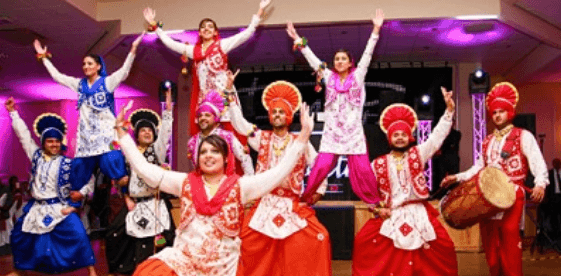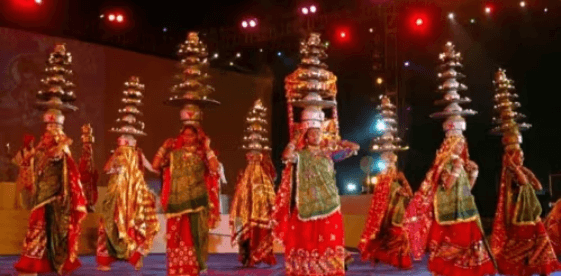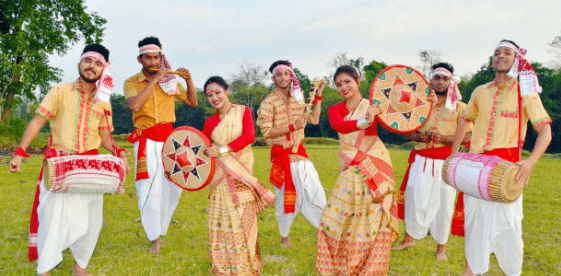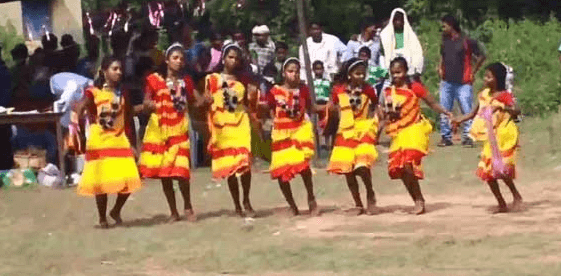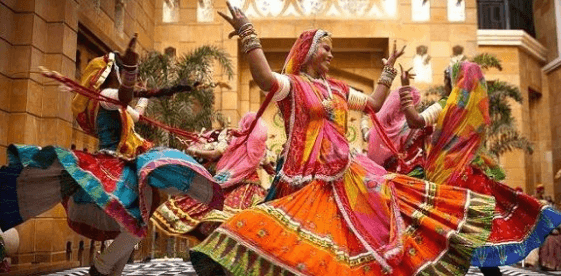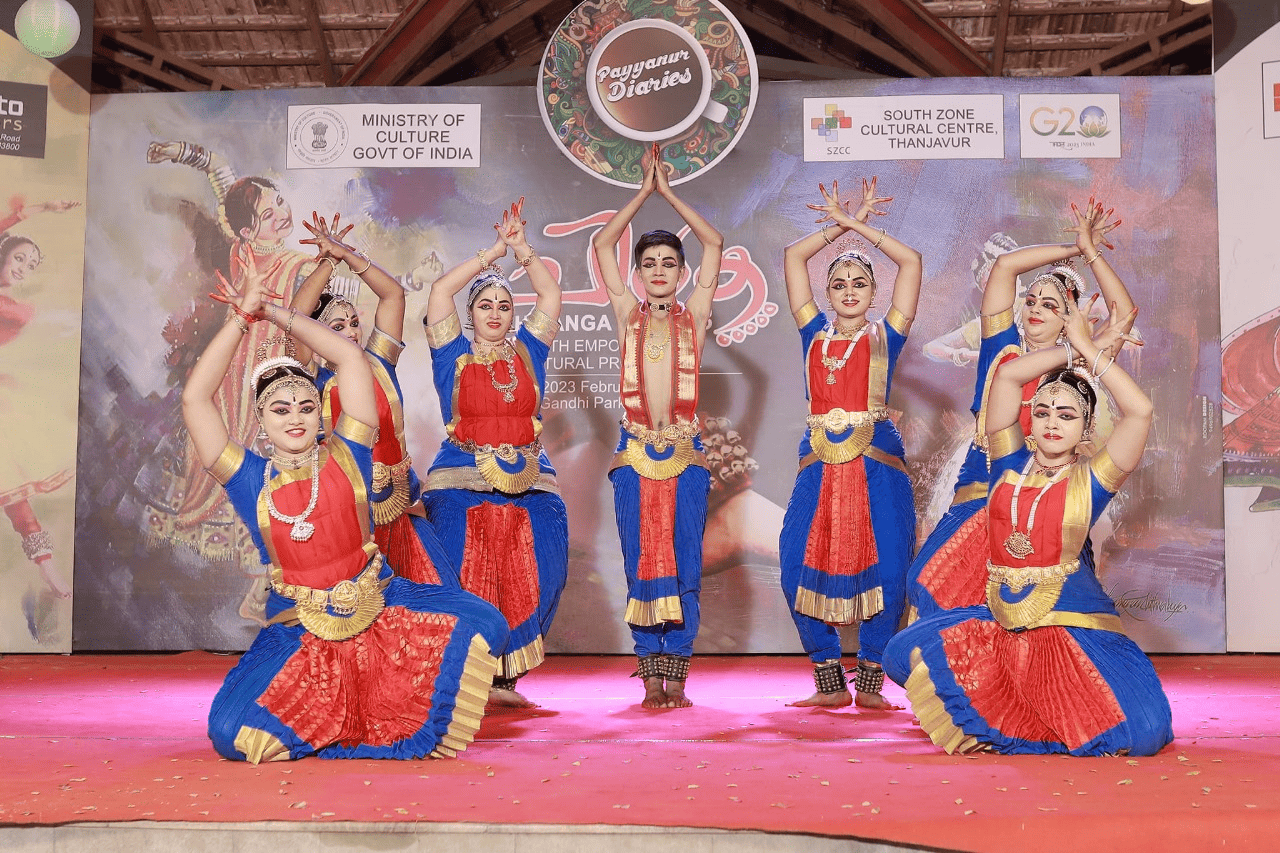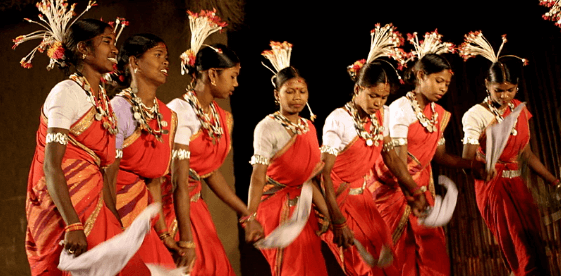The North Zone Cultural Centre
The North Zone Cultural Centre, located at Virsa Vihar Kendra, Patiala, was inaugurated by Prime Minister Rajiv Gandhi on 6th November 1985. Registered under the Societies Act of 1860, it is one of seven cultural centres in India aiming to preserve ancient traditions and enrich national culture. It represents Punjab, Haryana, Himachal Pradesh, Jammu & Kashmir, Uttarakhand, Rajasthan, and Chandigarh, promoting cultural integration across these northern regions of India.
North Central Zone Cultural Centre (NCZCC)
Established in 1986, the North Central Zone Cultural Centre, headquartered in Allahabad (Prayagraj), covers Uttar Pradesh, Madhya Pradesh, Bihar, Rajasthan, Haryana, Uttarakhand, and Delhi. It aims to promote, innovate, and preserve India’s folk and tribal art forms through performances, workshops, and publications. Governed by a council chaired by the Governor of Uttar Pradesh, NCZCC operates under the Ministry of Culture to foster inter-state cultural unity and awareness among youth.
North East Zone Culture Centre
Founded in June 1986 and headquartered in Dimapur, Nagaland, the NEZCC represents Arunachal Pradesh, Assam, Manipur, Meghalaya, Mizoram, Nagaland, Sikkim, and Tripura. It was inaugurated on 6th October 1987 by Prime Minister Rajiv Gandhi. The Centre promotes diverse tribal and folk traditions of the Northeast. Its Shilpgram, a crafts village in Guwahati, inaugurated in 2006, showcases regional artistry and serves as a cultural hub for northeastern heritage.
Eastern Zone Culture Centre
Established in 1985, the Eastern Zonal Cultural Centre, under the Ministry of Culture, works to preserve India’s cultural diversity. Based in Kolkata, it serves nine eastern states and union territories. Through programs featuring folk, tribal, and classical dance and music, it fosters national integration. Chaired by the Governor of West Bengal, EZCC supports cultural expression, raises awareness, and builds appreciation of regional traditions across India’s eastern heartland.
West Zone Cultural Centre
WZCC, created between 1985–1987, showcases the cultural heritage of Rajasthan, Gujarat, Maharashtra, and Goa. Based in the historic Bagore-ki-Haveli in Udaipur, now a museum, it features traditional architecture and arts. WZCC’s Shilpgram, a crafts village, hosts the famous annual Shilpgram Utsav with artisans and performers nationwide. The centre serves as a vibrant platform to preserve and promote western India’s folk traditions and celebrate its artistic diversity.
South Zone Cultural Centre
The South Zone Cultural Centre focuses on bringing indigenous South Indian cultures to rural and marginalized communities. Through music, dance, drama, and visual art, it aims to deepen cultural appreciation and emotional integration. SZCC organizes inclusive programs that bridge the gap between connoisseurs and the general public. Its efforts strive to democratize cultural exposure, ensuring that the heritage of southern India reaches every corner of society.
South Central Zone Cultural Centre
Founded in 1986 and based in Nagpur, the SCZCC includes Andhra Pradesh, Karnataka, Madhya Pradesh, and Maharashtra. It aims to preserve and promote folk and tribal arts, identify new talent, and revive vanishing art forms. Working under the Ministry of Culture, SCZCC is chaired by the Governor of Maharashtra. It organizes cultural exchanges, workshops, and documentation to foster understanding and unity among India’s diverse linguistic and artistic traditions.




